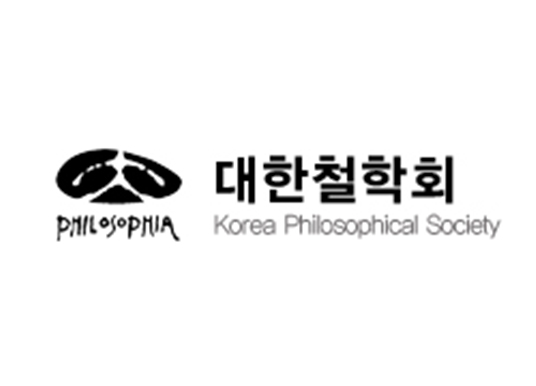자기해방의 역사로 본 한국 사상사- 하기락의 고대 사상과 현대적 모색 –
A Historical Perspective on Korean Thought through a Philosophy of Liberation- A Contemporary Exploration of Ha Gi-Rak’s Ancient Philosophy –
이난수
한국전통문화대학교 한국철학연구소
철학연구
2024, vol.169, pp. 249-271 (23 pages)
10.20293/jokps.2024.169.249
대한철학회
초록
현대 한국의 실천철학자로 손꼽히는 하기락은 자주인(自主人)에 의한 해방의 철학을 개척하였다. 그의 『조선철학사』는 한국의 전통에서 아나키즘을 이끌어내려는 결과물이다. 단순히 한국 철학의 역사를 전개한 것이 아니라 자주인에 대한 사상의 역사를 서술한 것이다. 그가 말한 자주인은 계급과 권력 등의 강제된 폭력으로부터 자유롭게 해방된 인간을 말한다. 『조선철학사』에 따르면, 상고시대에 일찍이 사람들이 서로 협력하여 자유롭고 평화로운 공동의 생활을 유지하였다고 한다. 그는 이러한 점을 한국 아나키즘의 기원으로 논의하였고, 역사적 고찰을 시도하였다. 상고시대 이후 왕조의 교체와 분열로 인해 아나키즘의 정신은 쇠퇴하였지만, 조선중기 이후부터 정신이 부활된다. 대표적인 인물로는 서경덕, 정약용, 최수운이 있으며, 근대에 이르러 신채호가 있다.
그는 사상사 기술에 있어 신채호의 영향을 많이 받았다. 하기락은 신채호의 고대 사상 관련 문헌들을 직접 인용하면서 이에 대해 평가하였다. 평가를 통해 신채호의 관점을 계승하거나 변용하며 한국 전통에서 아나키즘의 역사를 모색하였다. 하기락의 한국철학 연구는 궁극적으로 한국적 아나키즘의 전통을 성립하려는 기획이었으며, 동시에 현대의 국가중심주의에서 인간중심주의로 사유의 전환을 모색한 것이다.
Ha Gi-Rak, widely recognized as a contemporary pragmatic philosopher in modern South Korea, pioneered the philosophy of liberation by independent individual. His “A History of Korean Philosophy,” is a product of extracting anarchism from Korea’s tradition. Rather than simply unfolding the history of Korean philosophy, it narrates the history of thought regarding the independent individual which refer to individuals liberated from forced violence such as class and power. According to “A History of Korean Philosophy,” during the early stages of the ancient period, people collaborated to maintain a free and peaceful communal life. Ha Gi-Rak discusses this as the origin of Korean anarchism, attempting a historical analysis. Although the spirit of anarchism declined after ancient times due to changes and divisions in the dynasty, its spirit was revived in the mid-Joseon Dynasty. Representative figures include Seo Kyung-deok, Jeong Yak-yong, Choi Soo-woon, and Hyundai Shin Chae-ho.
Examining Ha Gi-Rak’s perspective on the history of thought, it becomes evident that he was greatly influenced by Sin Chae-ho. Ha Gi-Rak extensively cites Sin Chae-ho’s ancient philosophical documents and evaluates them directly. Through this assessment, Ha GiRak explores and transforms Sin Chae-ho’s perspective, attempting to delve into the history of anarchism within Korean tradition. Ha Gi-Rak’s research on Korean philosophy ultimately aimed to establish the tradition of Korean anarchism and simultaneously sought to drive a shift in thinking from contemporary state-centric ideology to human-centered reasoning.

